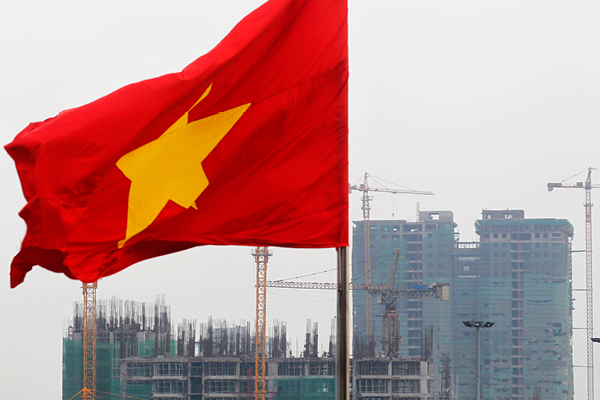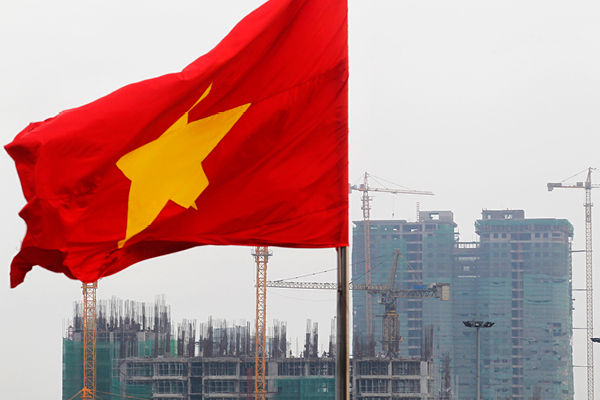
Vietnam’s investment outlook is on the up, encouraged by supportive policy reforms and growing GDP, but lawyers in the market warn the country’s investment and corporate laws are not sufficiently prepared to meet the scale of foreign investments coming in.
In recent years the Southeast Asian country has undergone rapid growth, emerging from one of the world’s poorest nations in the mid-80s to a lower middle-income country, according to the World Bank. Foreign direct investment in Vietnam climbed 9.1 percent in 2018 to reach $19.1 billion, the government said, marking a sixth straight annual record for the country.
But lawyers note that despite the euphoria, policy changes need to be carried out to ease the path for investors and meet the growing interest in the market.
Manfred Otto, a senior associate at Duane Morris Vietnam, said that consistent with other emerging economies, foreign businesses investing in Vietnam face “complex market-entry rules, tax and customs procedures, legal uncertainty and corruption to some extent.” The situation is exacerbated by the country’s “strict capital controls, which can shun larger foreign investments,” he added.
At present, Japan and Korea are Vietnam’s top investors, but more recently China and the U.S. have also begun eyeing the market carefully. Local media report that a number of American corporations are planning to put down production bases in Vietnam, including Apple.
BENEFITING FROM THE TRADE WAR
One clear boost for the economy has come in the form of manufacturing demand as businesses worry about the U.S.-China trade war and look to other markets. While China has refined expertise across many different industries, it is still renowned for its manufacturing skill. On the other hand, Vietnam is still in the process of developing its reputation and scaling its facilities, making it all the more critical that it offers investors an easier way into the market.
There are also other factors which make Vietnam an enticing market. Le Net, a partner at Vietnamese firm LNT & Partners, said the country is attractive for its strategic location and the fact it has “has the most FTAs signed, so export from Vietnam is the best option.”
The country also has a youthful population and is successfully able to “pull ‘cluster’ foreign investment,” Le said, but agreed there were a number of practical steps that could be carried out in order to ensure investors get the most out of the market.
Otto is also positive on the market, echoing the benefits of a young “energetic” population, a “booming” economy, low labour costs and a growing middle class. “While tax filing procedures are a burden, Vietnam offers tax exemption or reduction for certain investments, such as in high-tech. The country is a member of the WTO and ASEAN and has entered into a number of new trade agreements, including the CPTPP, giving it duty-free access to a host of important markets globally,” he said.
It is also fair to say that encouraging legislative changes, including reduced foreign ownership limits, have already taken place, However, there are still challenges which give some cause for caution. “From a legal perspective, increasing legal certainty and reducing unequal treatment of foreign investors would be on top of the wish list,” Otto suggested as some of the first steps Vietnam could carry out to become a more accommodating market for foreign investors.
“This would include lifting foreign ownership limits as well as streamlining all sorts of procedures, including investment and company registration, tax, customs, labour, and offshore remittances. In an environment where the authorities have broad discretion, technology is key to cutting down redundancies, and several e-government initiatives are being rolled out as we speak,” he added.
To contact the editorial team, please email ALBEditor@thomsonreuters.com.


